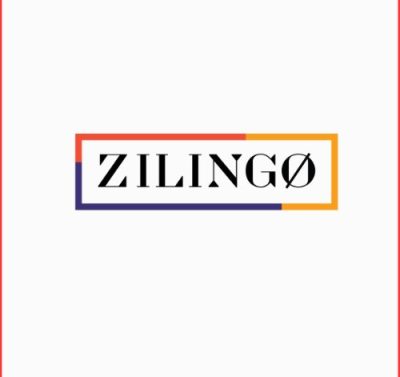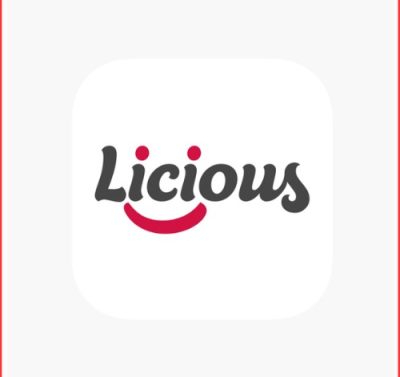The Reserve Bank of India (RBI) is gearing up to launch a Central Bank Digital Currency (CBDC) pilot program for interbank transactions in the call money market by October. This initiative follows earlier CBDC pilot launches for government securities and retail purposes. The RBI’s move aligns with India’s growing digital currency landscape.
Ajay Kumar Choudhary, the Executive Director of the Reserve Bank of India (RBI), has announced plans for a pilot program involving the Central Bank Digital Currency (CBDC). The program is expected to be launched in the interbank borrowing or call money market by October.
In November of last year, a pilot program called Digital Rupee Wholesale (e W) was initiated for the wholesale central bank digital currency (CBDC). This program focused specifically on settling market transactions involving government securities. The retail CBDC pilot, on the other hand, commenced on December 1st.
During an interview at the G20 Summit in 2023, Choudhary announced that the wholesale CBDC would be introduced in the call market by October. This aligns with reports indicating that the central bank intends to expand CBDC usage to encompass the call money market.
Sources familiar with this development explain that extending the Central Bank Digital Currency (CBDC) to the call money market is seen as an opportunity to delve into new markets and technologies.
Union Finance Minister Nirmala Sitharaman announced the introduction of Central Bank Digital Currency (CBDC) during the Union Budget 2022-23. This initiative required amendments to sections of the RBI Act 1934, which were passed through the Finance Bill 2022.
In 2022, the Reserve Bank of India launched the digital Rupee as India’s official Central Bank Digital Currency (CBDC). It serves as a digital representation of the country’s sovereign currency. The central bank introduced two versions of the digital Rupee – CBDC Wholesale (CBDC-W) and CBDC Retail (CBDC-R). While CBDC-W is specifically designed for financial institutions, CBDC-R is accessible to individuals, businesses, and non-financial consumers.
As part of its pilot project on CBDC, the central bank has partnered with nine major banks, including State Bank of India (SBI), Bank of Baroda, Union Bank of India, HDFC Bank, ICICI Bank, Kotak Mahindra Bank, YES Bank, IDFC First Bank, and HSBC. These banks will provide users with a wallet to transact using the digital Rupee.
The new retail e-rupee includes coins in 50 paise and 1 rupee denominations, as well as banknotes ranging from 2 rupees to 500 rupees.
During the G20 Leaders Summit, the RBI unveiled several financial sector initiatives. These initiatives include the Public Tech Platform (PTP), which focuses on credit CBDC (Central Bank Digital Currency), as well as UPI One World, RuPay On The Go, and Bharat Bill Payment System.















